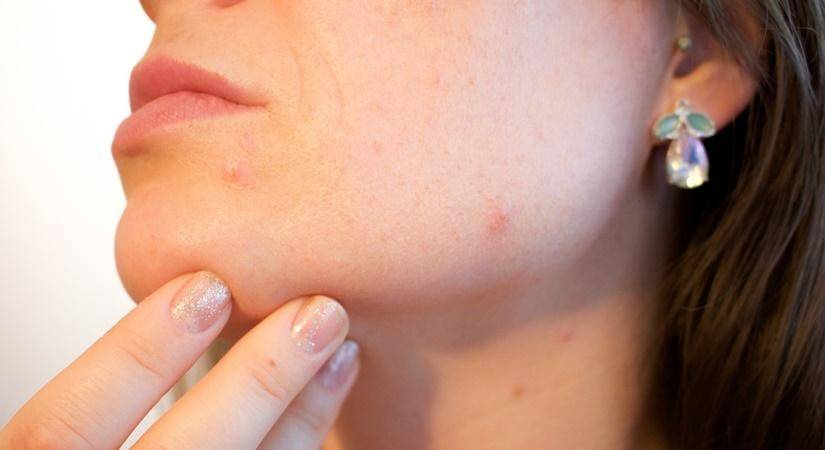Other common conditions, each affecting more than one in 20 people, were atopic dermatitis (eczema) (5.34 per cent), alopecia (5.22 per cent) and acne (5.49 per cent)…reports Asian Lite News.
Almost half (47.9 per cent) of the European general population above 18-years-old declared at least one dermatological condition in the past 12 months, finds a new study.
The findings indicated that the most common skin condition among those surveyed is a fungal skin infection, affecting almost one in 10 people (9.07 per cent).

Other common conditions, each affecting more than one in 20 people, were atopic dermatitis (eczema) (5.34 per cent), alopecia (5.22 per cent) and acne (5.49 per cent).
“The fact that one in two people across Europe lives with a skin disease on a daily basis makes the skin the most affected organ in the body and as an organisation, we are therefore committed to making skin disease a public health priority,” said author Marie-Aleth Richard, Professor at the University Hospital of La Timone, Marseille.
For the study presented at the EADV 30th Congress 2021, the research team included 44,689 adults from 27 European countries, including all countries from the European Union as well as the UK, Norway and Switzerland.

Preliminary findings showed that among 21,401 members of the general population, 47.9 per cent of people aged 18 years or older self-reported at least one skin condition.
On average, those people affected declared a median of two skin diseases, the study said.
ALSO READ-Shahnaz Husain on Skin Care in Summer
READ MORE-Monsoon skincare routine for babies









